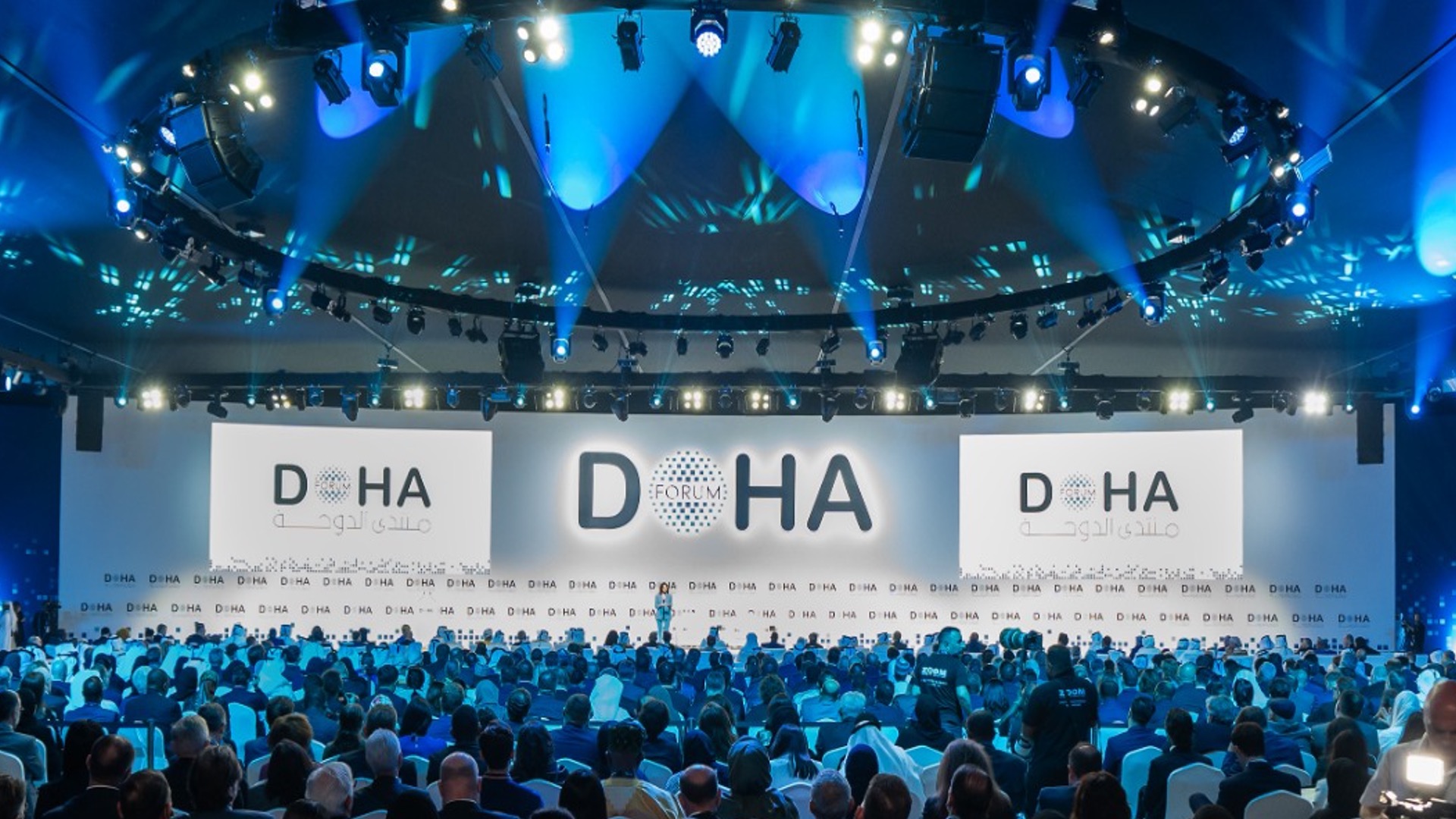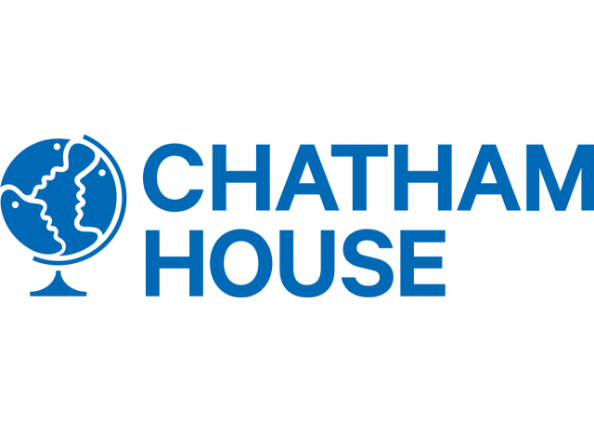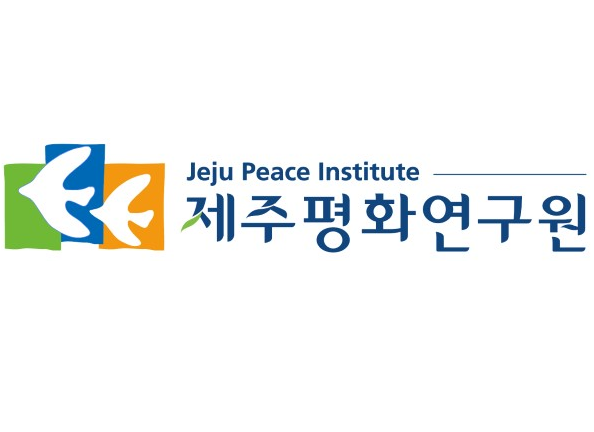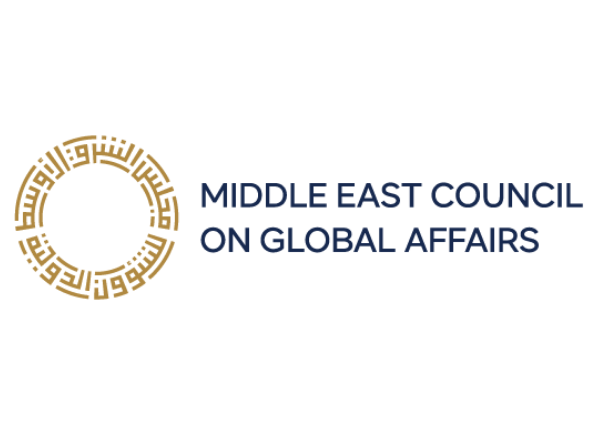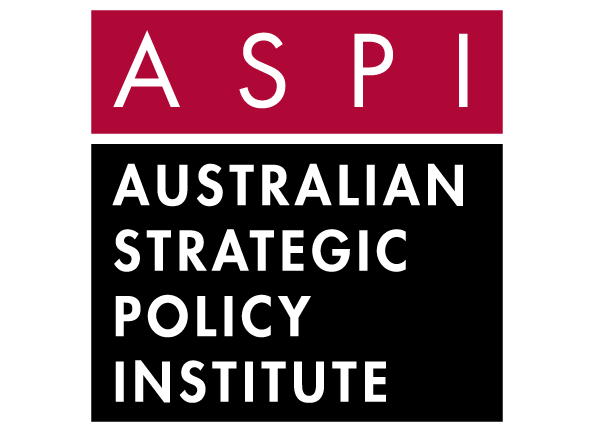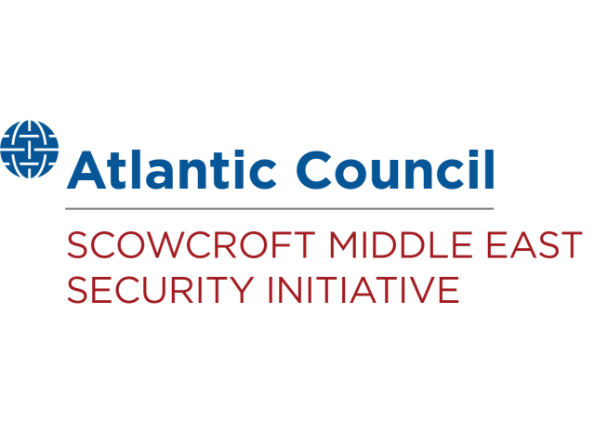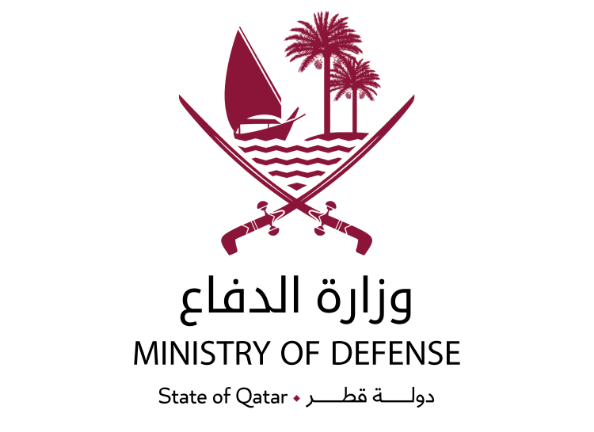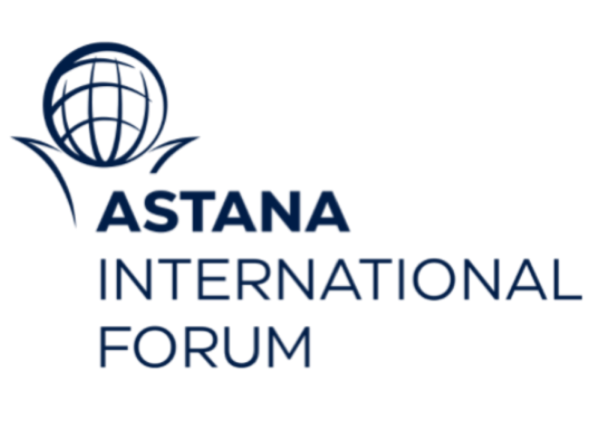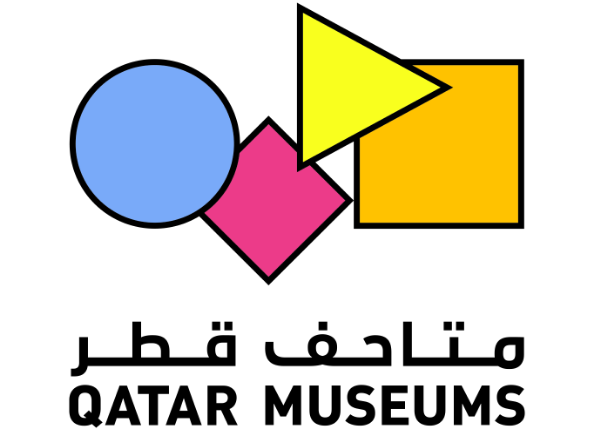Doha Forum 2024
What Progress is Possible After the Year of Elections?
Program Location: Al Dafna
Program Start: 08 December 2024, 10:30 - 11:15
More than 50 countries held national elections in 2024. Across the world, governments have established new mandates – some for continuity and others for significant policy change. At the same time, international order is fragmenting as states compete for influence and resources. International relations are increasingly transactional and volatile. Conflicts are raging across Sudan, Ukraine and Gaza, and few actors possess the power to pursue pathways of peace. Multilateral institutions are failing to agree on how to respond to global risks like climate change, supply chain disruption and the rise of new technologies. The Global South accuses the West of double standards over Ukraine and Gaza, and of a lack of commitment to financing the green transition. What might the many changes of government in 2024 mean for international relations and the prospects for responding to global crises?
In partnership with: Chatham House
Asia Pacific Roles in Middle East Peace and Conflict Resolution
Program Location: Salwa 1
Program Start: 08 December 2024, 10:30 - 11:15
The reach of today’s globalization has transformed Middle Eastern conflicts from regional challenges into urgent geopolitical priorities on the global stage. The impact of the crises has caused new actors from beyond the region to ask what roles they can play in the quest for a sustainable peace. The session will explore how Asia Pacific nations, with its growing global influence, can leverage diplomatic, economic, and strategic tools, alongside its unique soft power and non-interventionist approaches, to de-escalate tensions and build environments for durable peace. The discussion will look at Asia Pacific’s potential to contribute significantly to humanitarian aid, post-conflict reconstruction, and peacekeeping efforts, underscoring that these actions are vital not only for regional stability but also for safeguarding global security and its own economic and strategic interests.
In partnership with: Jeju Peace Institute
Cryptocurrency and Artificial Intelligence: The New Tools of Cybercrime?
Program Location: Salwa 3
Program Start: 08 December 2024, 10:30 - 11:15
The rapid and radical development in digital technologies has led to changes in the nature of cybercrimes, particularly cyber fraud. In this context, artificial intelligence and cryptocurrencies have become essential elements in the cybercrime landscape. Artificial intelligence provides new opportunities for attackers to infiltrate systems in unprecedented ways, while cryptocurrency technology presents a dual challenge: although it is considered a mechanism for securing data and transactions, it also creates a fertile ground for new crimes due to its decentralized and encrypted nature. The session aims to highlight the ways in which fraud and cybercrime can evolve using these technologies, while exploring the innovative solutions necessary to combat these growing threats. Participants will exchange ideas on enhancing security frameworks and fostering collaboration among stakeholders to address current and future challenges, with the goal of building a more secure and sustainable digital space.
Humanitarian Engagement with Non-State Armed Groups (invitation only)
Program Start: 08 December 2024, 10:45 - 12:15
Today, with more than 195 million people living in areas controlled by armed groups, engaging with non-state armed groups (NSAGs), particularly de facto authorities (DFAs), is a critical component of effective humanitarian work. Humanitarian diplomacy has become vital for ensuring that humanitarian principles are upheld, even in the most complex and volatile environments.
By engaging with NSAGs, humanitarian workers can negotiate safe access, ensuring that aid reaches those who need it most. This engagement also allows humanitarian organizations to advocate for the protection of civilians, adherence to international humanitarian law, and the safety of humanitarian personnel. In contexts such as Afghanistan, Yemen, Syria, and Somalia, where NSAGs hold significant power, this type of engagement has proven essential to delivering life-saving assistance to vulnerable people. Humanitarian diplomacy with such actors is not an endorsement of their methods or legitimacy but a necessity for humanitarians to fulfill their mandate.
Unfortunately, however, engaging with NSAGs carries substantial risks for humanitarian organizations, particularly in terms of legal compliance and reputational damage. Many NSAGs are designated as terrorist organizations, making any interaction legally precarious due to strict anti-terrorism laws and resulting in severe penalties, including sanctions and legal actions. This perception can lead to a loss of public trust, donor support, and partnerships, ultimately hindering the organization’s mission.
In partnership with: Middle East Council on Global Affairs and Qatar Charity
The 'New Space' Era: Competition and Technological Innovation
Program Location: Salwa 3
Program Start: 08 December 2024, 11:30 - 12:15
'New space' and a new space race has arrived. Technological innovations in micro-electronics, and manufacturing, alongside the massive reduction in launch costs have all contributed to this promising new epoch. The space domain offers new opportunities, but it also reflects terrestrial geopolitics. The same competitive dynamics occurring on earth are taking place in orbit, with significant national security, economic prosperity, and social implications. This session will look at trends in the 'new space' era, how nations benefit from and manifest technological developments, and how space innovation can fuel geopolitical tensions and cooperation. It will highlight use cases of space-based technology and the broader strategic dynamics in the space environment.
In partnership with: Australian Strategic Policy Institute
The Future of US Strategy in the Middle East Following the 2024 Election
Program Location: Al Dafna
Program Start: 08 December 2024, 11:30 - 12:15
In the midst of regional volatility, roiling politics, a shifting economic and technological landscape, and disruptive and new regional alliances, questions are mounting over the future of US strategy in the Middle East under President-elect Trump. Washington, considered the main security partner by regional powers, is under increasing pressure to also help drive stability and set clearer goals for its forthcoming policy in the Middle East. The devastation of the Israel-Hamas war and the humanitarian crisis it has wrought in Gaza sustained, heightened tensions between Israel and its Western and Iran, and the commercial implications of non-state actors such as the Houthis will immediately impact and challenge the Trump administration’s approach to regional crises demanding attention. Prior to the October 7 Hamas terrorist attack on Israel, the US priority in the Middle East was increasing ties and alliances between Arab states and Israel to usher in a new era of strategic advantage for the US in a more peaceful region that would also enable Washington sufficient bandwidth to focus on the rising challenge of the People’s Republic of China. That goal, despite the current conflict, remains very much alive for President-elect Trump, who will almost also certainly seek to advance the Abraham Accords, counter Iran’s influence, and bolster a regional coalition as the strategy and main foundation for long-term peace. Will the Trump administration seek to resolve the conflict in Gaza, and if so, how? Of it does not prioritize so, what are the implications for Palestine, Israel, and the region? What will be President-elect Trump’s strategic approach to the region, and will his original term be at all a model for this new one? Is a political solution for Israel-Palestine further or closer than ever and what role should the US be playing to foster one? What do regional states want from the US under a second Trump administration? And is the expansion of the Abraham Accords contingent on such a solution?
In partnership with: Atlantic Council
Adapting Security to Today’s Digital World (invitation only)
Program Start: 08 December 2024, 11:30 - 12:15
Technological advancements in security emphasize the continuous development of tools, frameworks, and methodologies to protect digital and physical assets from a broad range of emerging threats. As organizations increasingly rely on interconnected systems and digital infrastructures, security challenges have grown in both complexity and sophistication. Meeting these challenges requires the integration of advanced technologies, such as encryption, artificial intelligence, machine learning, and biometric authentication, to enhance threat detection, prevention, and response capabilities. Achieving effective security requires proactive risk management alongside continual adaptation of security practices to address new vulnerabilities and comply with evolving regulatory standards. With cyber threats becoming ever more sophisticated and widespread, a resilient security strategy calls for a holistic, adaptive approach—one that combines technological innovation with strategic planning to ensure the resilience, integrity, and confidentiality of critical systems and data.
In partnership with: Ministry of Defense
In partnership with: Ministry of Defense
Central Asia and the New Era of Global Energy Security
Program Location: Salwa 2
Program Start: 08 December 2024, 11:30 - 12:15
As geopolitics are causing energy landscape to be redrawn, Central Asia is set to become a key players in the global competition for energy security, potentially changing geopolitical dynamics and altering power structures. Endowed with vast natural resources and a strategic geographic location, Central Asia’s rise as a key regional player will extend beyond the energy sector providing both risks and opportunities for regional stability and political influence. How might this role reshape Central Asian countries’ relationships with major powers such as China, Russia, and the European Union? And how can these countries maximize the impact of this opportunity?
In partnership with: Astana International Forum
Promoting Dialogue and Diversity Through Art
Program Location: Al Rayyan
Program Start: 08 December 2024, 12:30 - 13:15
Museums and artists play a key role in promoting cross-cultural dialogue, providing essential support for cultural diplomacy. Through exhibitions that reflect diverse histories and perspectives, museums have positioned themselves as mediators of cultural discourse. With the upcoming opening of the Lusail Museum in Doha, which will feature one of the world’s top collections of Orientalist art and serve as a hub for East-West dialogue, the panel will reveal how museums' traditional roles have evolved. Artists, too, play a crucial part in bridging cultural divides and expressing plurality in ways that transcend language, geography, and politics. The discussion will feature examples of how artists promote dialogue and how museums leverage their collections and programming to stimulate cultural exchange and collaboration on a global scale, offering innovative strategies for engagement and creating a more interconnected world.
In partnership with: Qatar Museums
In partnership with: Qatar Museums
Live Stream in Al Dafna Hall - H.E. Hakan Fidan, Minister of Foreign Affairs of Türkiye Press Conference
Program Location: Al Dafna
Program Start: 08 December 2024, 12:30 - 13:15
